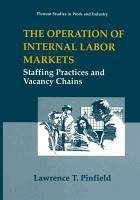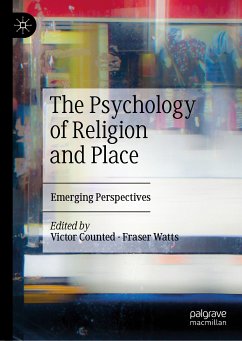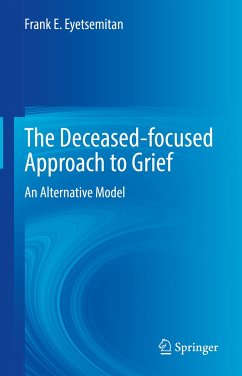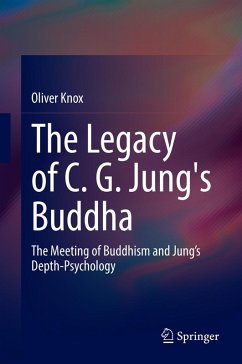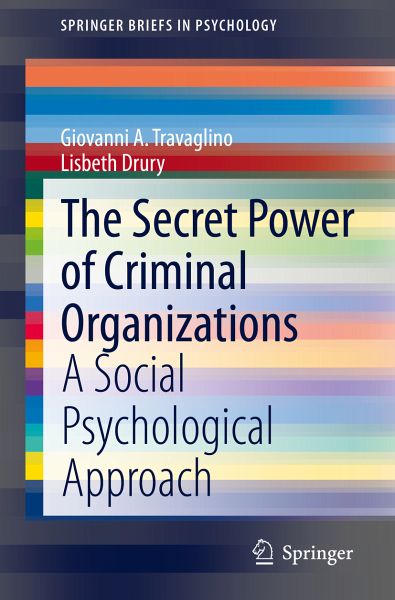
The Secret Power of Criminal Organizations (eBook, PDF)
A Social Psychological Approach
Versandkostenfrei!
Sofort per Download lieferbar
40,95 €
inkl. MwSt.
Weitere Ausgaben:

PAYBACK Punkte
20 °P sammeln!
This Brief presents a social psychological approach to understanding the reaction of communities to organized crime and illegal groups. Based on a new theoretical framework and the latest empirical evidence, this book explores questions of how criminal organizations are able to gain power and exert governance over entire territories. This book draws on the prototypical example of Italian organized crime and analyzes the thesis that the power of criminal groups is grounded in dynamics of legitimization rather than fear or coercion. The compliance of a community is seen here as stemming from the...
This Brief presents a social psychological approach to understanding the reaction of communities to organized crime and illegal groups. Based on a new theoretical framework and the latest empirical evidence, this book explores questions of how criminal organizations are able to gain power and exert governance over entire territories. This book draws on the prototypical example of Italian organized crime and analyzes the thesis that the power of criminal groups is grounded in dynamics of legitimization rather than fear or coercion. The compliance of a community is seen here as stemming from the endorsement of specific cultural values and norms. These cultural values are actively appropriated, mobilized and transmitted by criminal groups, a dynamic the authors have labeled Intracultural Appropriation Theory. The book emphasizes what can be learned from using this emerging theory in similar settings such as those of terrorist groups and violent gangs, and points the way to solutionsfor this social problem.
Dieser Download kann aus rechtlichen Gründen nur mit Rechnungsadresse in A, B, BG, CY, CZ, D, DK, EW, E, FIN, F, GR, HR, H, IRL, I, LT, L, LR, M, NL, PL, P, R, S, SLO, SK ausgeliefert werden.




